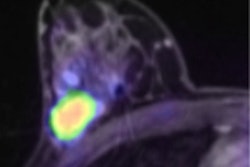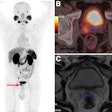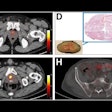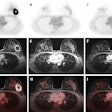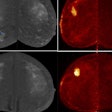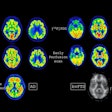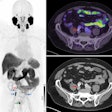Dear Molecular Imaging Insider,
This edition of the Molecular Imaging Insider offers insight into how advances in technology can ripple to positively affect otherwise unrelated applications.
Researchers from the Royal Marsden National Health Service Foundation Trust and Institute of Cancer Research in Sutton, U.K., have used a 3D printer to develop a patient-specific molecular imaging phantom. The results so far are quite promising, and these physics explorers believe the phantoms can be easily reproduced using standard nuclear medicine processing software readily available on the Internet.
Read more about this technological milestone by clicking here.
Another team of U.K. researchers is looking to extend boundaries in the early development and testing of a high-resolution, compact, hybrid gamma/optical camera designed for intraoperative imaging. The collaboration between the University of Leicester, the University of Nottingham, and Queen's Medical Centre in Nottingham could make the intraoperative device a mainstay in the surgical suite.
Elsewhere, Dutch researchers are developing a hybrid MRI-linear accelerator system for cancer treatment. A new study from the University Medical Center Utrecht shows that images from the prototype are sufficiently accurate for treatment guidance when the gantry is static.
At the Medical University of Vienna, researchers added PET/CT to a package of three MRI sequences to create fused PET/MR images, which aided in the differentiation of suspicious breast lesions. FDG-based PET and MRI scans provide functional and morphological information that improves sensitivity and specificity.
Meanwhile, a multi-institutional study from Germany has joined a growing number of evaluations of tumor heterogeneity as a tool to assess cancer treatment responses. This study investigated textural parameters of tumor heterogeneity in FDG-PET/CT images of patients with locally advanced rectal cancer and adds further merit and validity to the use of tumor heterogeneity assessment to facilitate personalized oncologic therapy.
Stay in touch with the Molecular Imaging Digital Community on a daily basis to be informed on the latest news and research from Europe and around the world.






